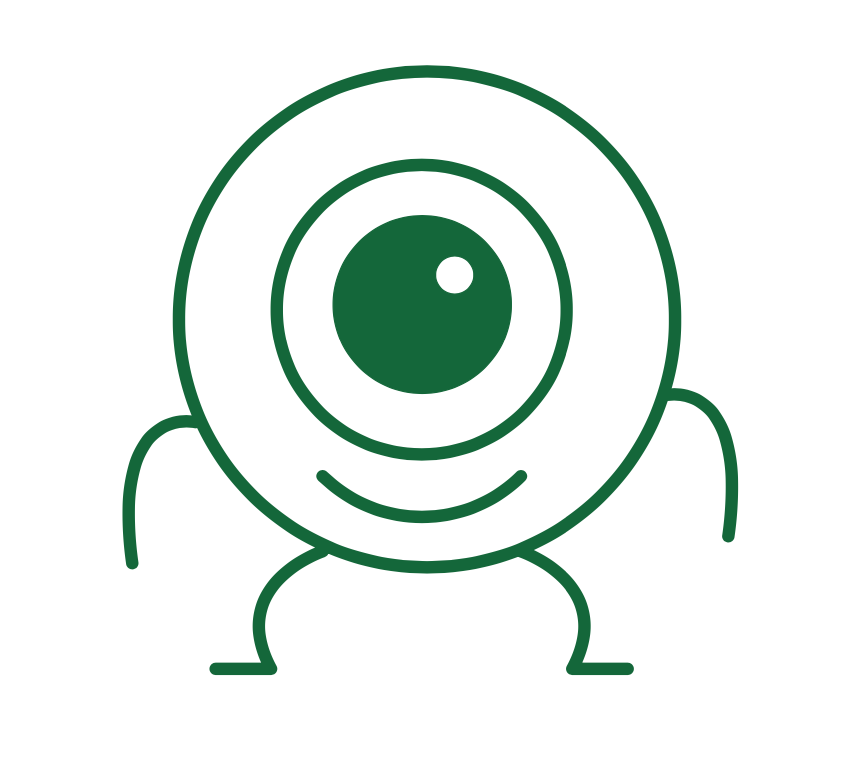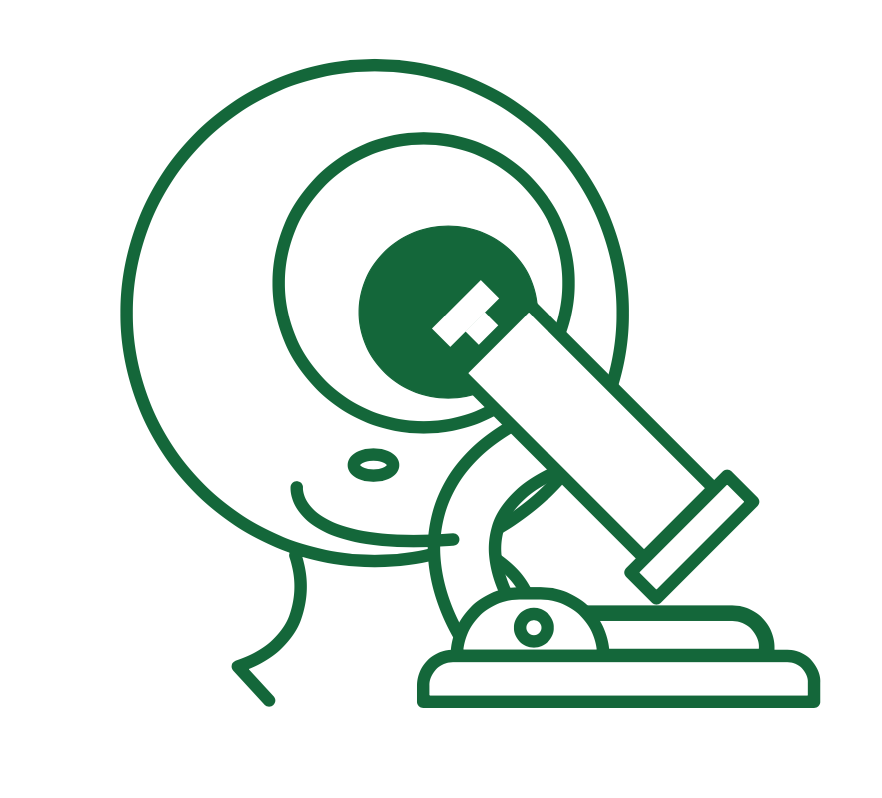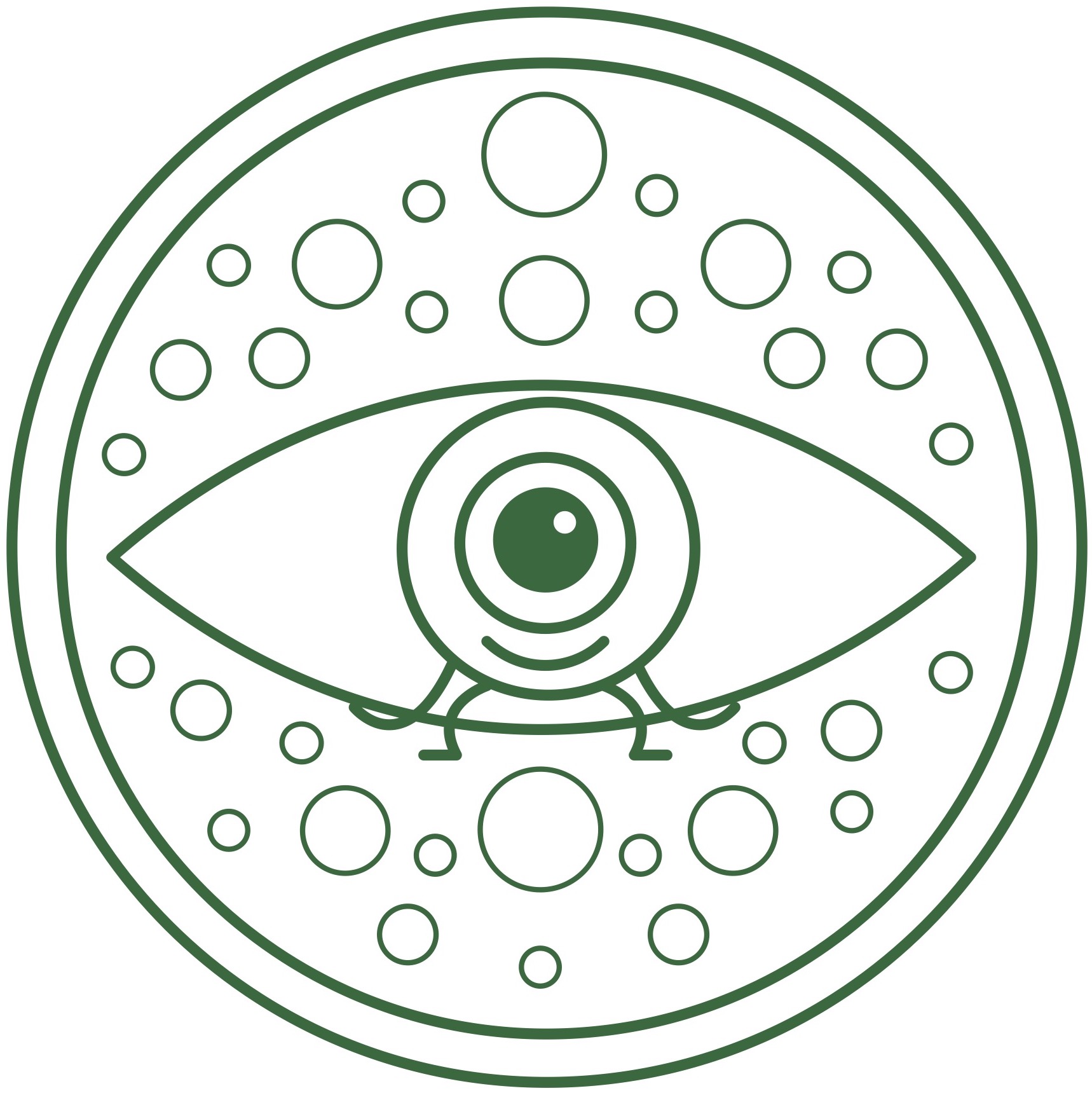Structural MRI-based assessment of the visual pathways in late-stage glaucoma
In October 2023, I joined the Laboratory of Experimental Ophthalmology at the University Medical Center Groningen. There, prof. Frans Cornelissen and dr. Hinke Halbertsma are guiding me through my 3-year PhD adventure as my supervisors, while dr. Mayra Bittencourt provides me with day-to-day supervision. My journey extends beyond Groningen as I will also gain experience from two secondments. For 1 year, I will be able to explore the benefits and challenges of using the new ultra-high-field Siemens MAGNETOM Terra.X MRI scanner at the Otto von Guericke University Magdeburg under the supervision of prof. Michael Hoffmann. Finally, I will stay for several months in the Royal Dutch Visio under the supervision of prof. Joost Heutink working on simulating the visual field for rehabilitation purposes.

Personal Background and Interest
I spent the first 23 years of my life in Bruges, Belgium. In September 2023, I graduated with a Master of Science in Biomedical Engineering with a specialization in Neuro-Engineering at Ghent University. The main focus of this master’s program was to hone my skills in medical imaging, more specifically PET imaging and structural MRI. The mathematically advanced nature of this program allowed me to discover the fundamental concepts underlying these imaging modalities. Previous software engineering and data science internships helped me grow as an engineer and as an independent researcher. My plan is to continue contributing to research to the best of my ability.

Aim of the project
The aim of the project is to get a better understanding of the structural changes occurring in the brains of people with advanced glaucoma. This will be assessed using diffusion weighted imaging (DWI). The location, direction, and speed at which axons degenerate in the brain can be quantified using this imaging technique and will give us insights into the underlying mechanisms of neuronal degeneration in glaucoma. Understanding how the brain reacts to a pathology like glaucoma will be crucial when developing and assessing the efficacy of neuroregenerative medicine.

Output (Publications and Awards)
- Presentation Award DOPS 2024- Travel Grant ARVO

Current activities/Accomplishments
Currently I am pursuing several approaches to achieve my project goals. In the lab of prof. Cornelissen, I investigate the continuation of structural degeneration in the brain even when most retinal ganglion cells have degenerated in the eye. Recently, retinal vascular atrophy has been shown as a promising prospect in explaining this behavior. Relating the vascular atrophy to structural brain degeneration is the focus of my current study. In Magdeburg, I will be investigating optic nerve and lateral geniculate nucleus degeneration using an ultra-high-field MRI scanner. Additionally, I will conduct a biobank study to determine if brain degeneration due to glaucoma extends beyond the visual system of the brain. While working on these studies, I have been developing novel techniques that allow for spatial neurodegeneration profiling to accurately portray the progression of glaucoma in the brain along specific pathways.



